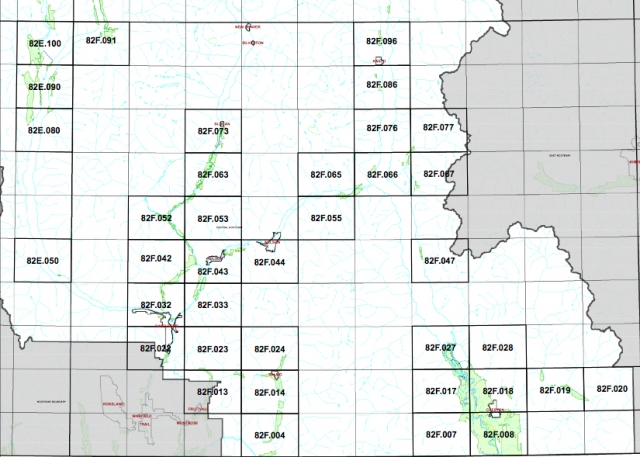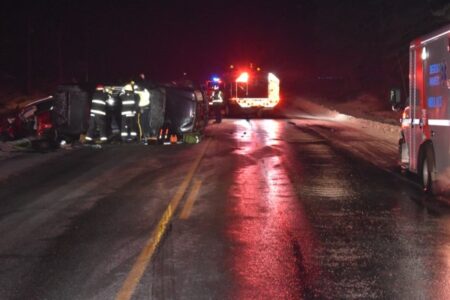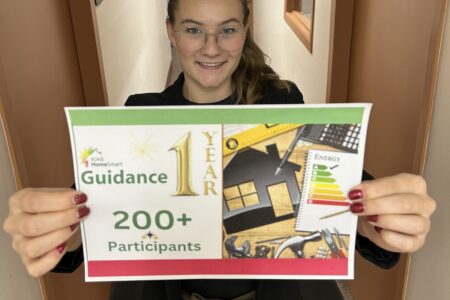Proposed changes to Agricultural Land Commission could affect local food security, farmland
An institution established 40 years ago to protect farmland in British Columbia could soon be disbanded by the provincial government, which may have major implications for the food security of West Kootenay residents, according to one local expert.
Established in 1973, the Agricultural Land Reserve (ALR) is an area of about 47,000 square kilometres of public and private land spread out over the province that was set aside to protect the province’s scarce viable agricultural land from being lost to development, mining and other activities.
For the duration of its existence, the ALR has been overseen by the Agricultural Land Commission (ALC), an independent body of experts charged with preserving agricultural land in the province, as well as encouraging and enabling British Columbian farming businesses.
But a Globe and Mail article recently revealed that the provincial government is considering breaking up the ALC and handing off governance of the ALR to the province’s Oil and Gas Commission and local governments.
Confidential government documents leaked to the national newspaper, indicated that BC Agriculture minister Pat Pimm as getting ready to ask the cabinet to endorse a plan to “modernize” the ALC, which would involve removing its autonomous status and bringing it under the fold of the Ministry of Agriculture.
“The Agricultural Land Commission legislative mandate is too narrow to allow decisions that align with the priority for economic development,” wrote Pimm in the documents obtained by the Globe and Mail.
East Kootenay MLA and provincial Energy Minister, Bill Bennett who is overseeing the provincial government’s core service review that includes the ALR told the Vancouver Sun that changes to the ALC are aimed at making sure “marginal land” currently locked within the ALR in the Kootenays, Cariboo and the northeast “is used for the broader benefit of local economies.”
It is widely viewed that the move to change the ALC is rooted in the provincial government’s recent push to develop oil and gas reserves in the province.
ALR decisions best left to an independent body
Nelson area resident and co-chair of the BC Food Systems Network, Abra Brynne says the proposed changes to the ALC have the potential to dramatically impact food security in the West Kootenay and place a burden on local governments that they may not be prepared to handle.
If the decision-making process about agricultural land in the province is handed off to the Oil and Gas Commission and local governments – as opposed to being handled by an independent body dedicated to agriculture like the ALC – there is the opportunity for different and competing interests to weigh on major decisions that affect farmland in the Kootenays and elsewhere in the province.
“The Oil and Gas Commission has a particular mandate, and their mandate will bring them to a different place when looking at a piece of agricultural land,” Brynne notes.
“Making the best decisions about agricultural land and our communities’ food future takes certain expertise that a lot of local governments don’t have on staff. So they’re offloading decisions on the ALR to local governments without also equipping them with suitable staff who have expertise to make those decisions.”
Brynne adds that burdening local governments with decisions about the ALR also subjects them to political pressure by developers and other parties with interests outside agriculture, and local governments might not have the ability to anticipate agricultural needs and see the long-term perspective.
“It’s about resources,” she says. “It’s about appropriate, skilled staff and the political pressure that’s part of smaller communities, relationships and competing priorities. When something is as scarce in BC as our agricultural land – which is less than five per cent of the land base – I don’t think it’s fair to offload that decision making to groups that are already loaded and challenged . . . It helps to have an organization with a provincial mandate and long-term perspective making those decisions.”
Local agriculture vital for food security, community resiliency
As of 2007, there was a total of 571 square kilometres of Agricultural Land Reserve land in the Regional District of Central Kootenay.
The scarce agricultural land in the West Kootenay combined with the region’s isolation and capacity to be easily cut off from the outside world by major weather events like avalanches and landslides – which may increase in severity and frequency as climate change progresses – makes local food production and good decisions about agricultural land use in the area even more important, says Brynne.
“The more we have, within reasonable access, of where we live the basics of food production which are maintained and supported – including farmers on the land – the more resilient our community can be in the face of whatever challenges might come our way,” Brynne said, noting that most grocery stores in the area carry only enough food to last a few days at a time.
“If we have food production within a reasonable distance of our communities, we have a better ability to safeguard ourselves (against natural disasters that cut off transport in and out of the area) in the future.”
























Comments